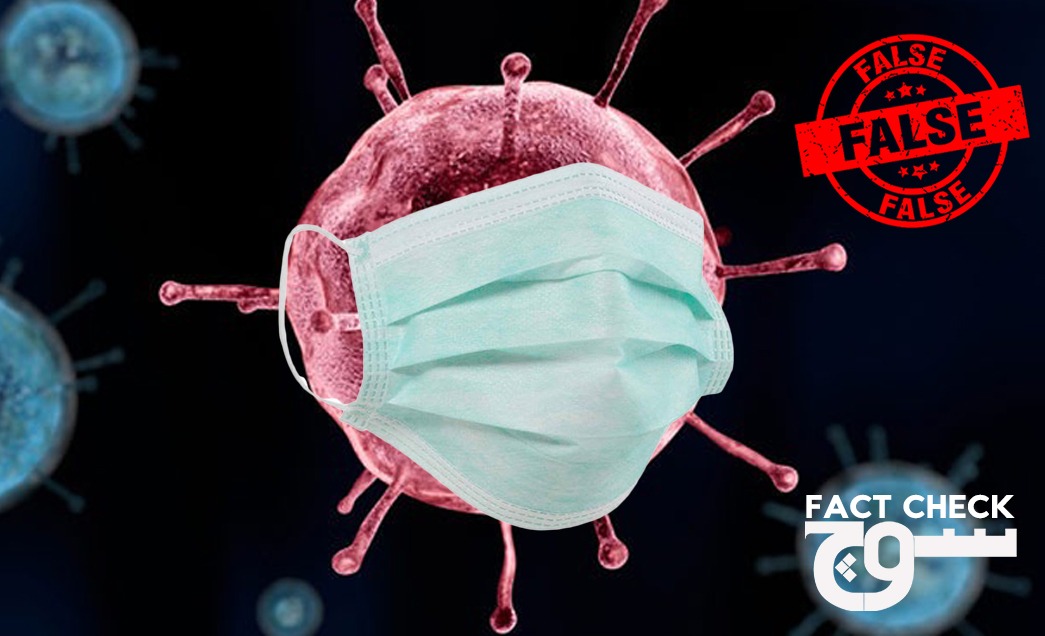
Claim: You should wear a surgical mask every time you step out of the house to restrict the spread of COVID-19.
Fact: You can wear any kind of mask as long as it covers your mouth and nose.
As we learn more about the Covid-19 virus, we get a clearer idea of how to take precautions and restrict its transmission. One question that has divided experts and caused confusion since the beginning of the pandemic is whether or not members of the public who are not sick should wear masks to prevent the spread of the virus.
Since the outbreak, the World Health Organisation (WHO) and the CDC (Centres for Disease Control and Prevention) initially maintained that only those who are taking care of patients infected with the Covid-19 virus or those who were ill themselves should wear masks to avoid infecting others. This idea was rooted in the claim that the primary mode of transmission of the virus were respiratory droplets from peoples mouths and noses, and masks could do little to protect wearers but instead prevent sick people from spewing these droplets. Another reason for taking this approach was to conserve medical protective equipment for healthcare workers.
As the pandemic spread globally, many countries such as Austria, Morocco, and Turkey, among others, began taking a different track with policies for the general public to wear masks when they step out of the house. Soon enough, scientists also started to suggest that a more widespread mask policy might be helpful.
Eventually, in light of new data, the CDC claims that Covid-19 can be transmitted through asymptomatic carriers too in addition to symptomatic ones. In light of this finding, the CDC revised its recommendation on the usage of masks and has now advised everyone to use a face covering when stepping out of their homes, especially in areas of significant community-based transmission such as grocery stores and pharmacies. However, in order to conserve medical supplies for healthcare workers, medical organisations advise the use of cloth masks as face coverings.
The European Centre for Disease Prevention and Control also agrees that medical face masks should be reserved for healthcare workers, however, they say that non-surgical face masks such as those made of cloth might help stop the spread of coronavirus by people who are contagious but have no symptoms.

An expert on Global Public health, Shan Seo-Lin told Vox that using a face covering should be thought of as “a protective triad [along with social-distancing and hand-washing] with the virus trying to get in, and if you don’t have one of the branches in it then you’re not doing the whole thing…having all three is really important”
Overall, experts agree that covering one’s face might diminish the spread of the virus but it should by no means be considered an adequate precaution. The CDC says that cloth coverings are “not a substitute” for social distancing. This, however, doesn’t mean that one should opt for medical face masks but instead, the focus should be on taking all three measures to reduce the transmission of the virus, leaving medical PPEs for health care workers who are fighting on the frontlines.
Summary: Recent studies show that a widespread mask policy for the general public can reduce the transmission of the Covid-19. However, people should avoid buying medical masks to conserve supplies for healthcare workers and instead use cloth masks.
